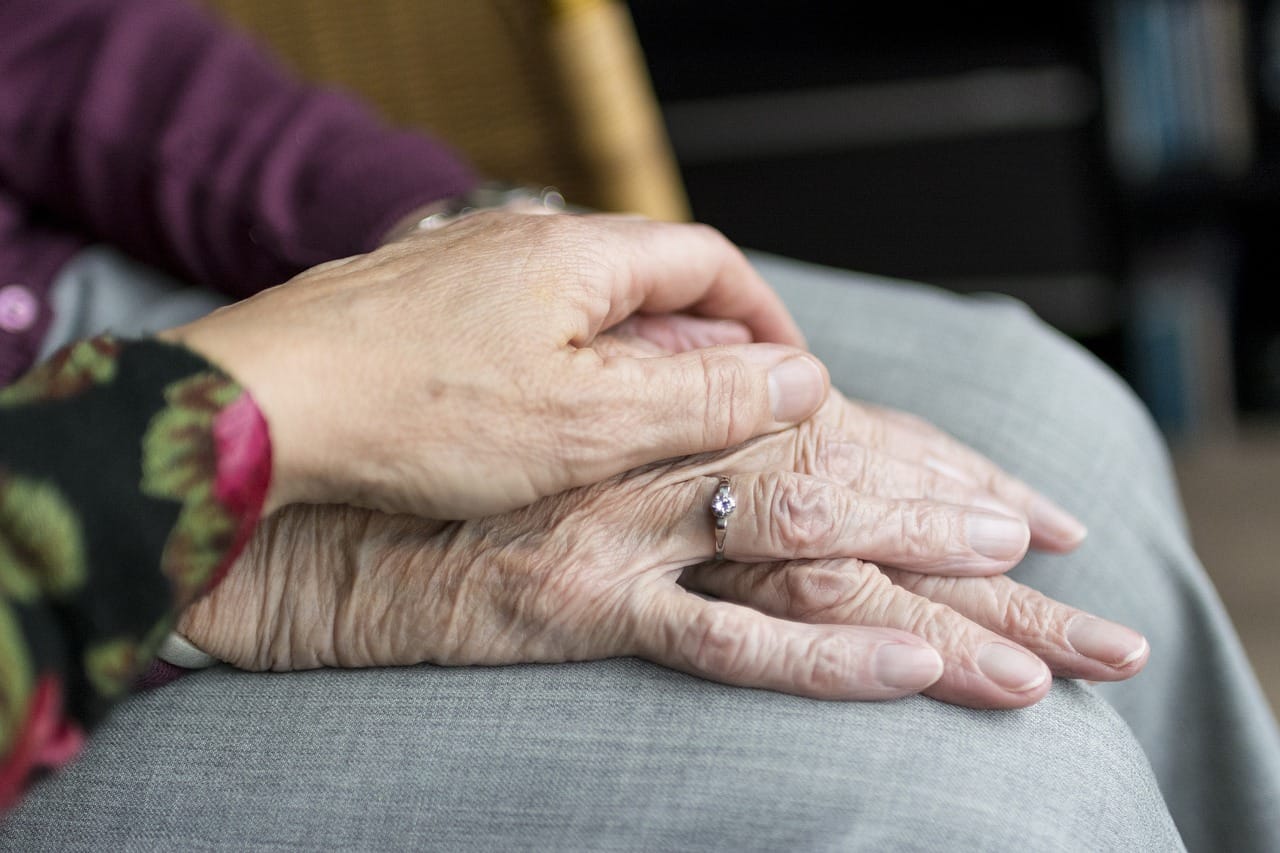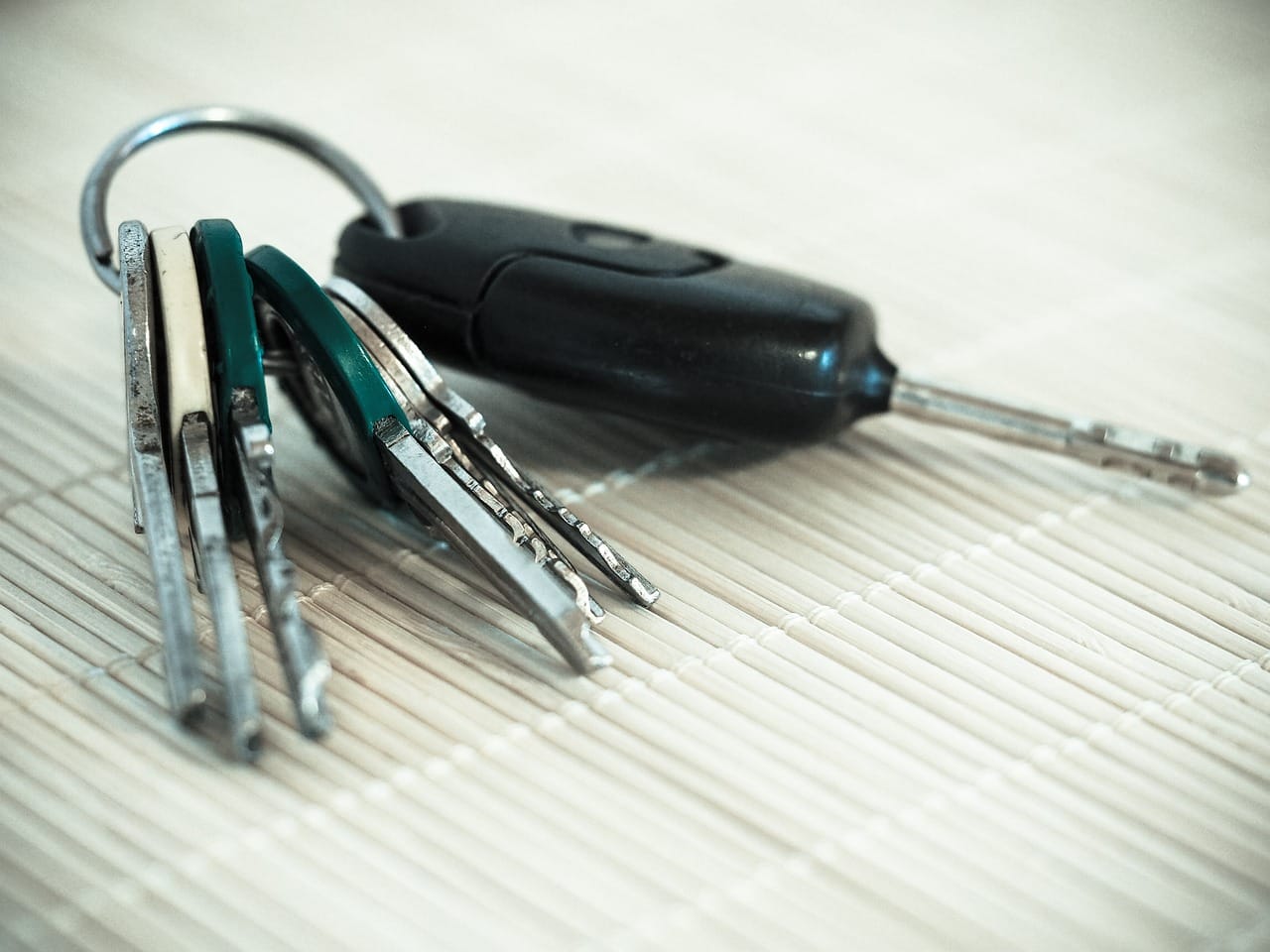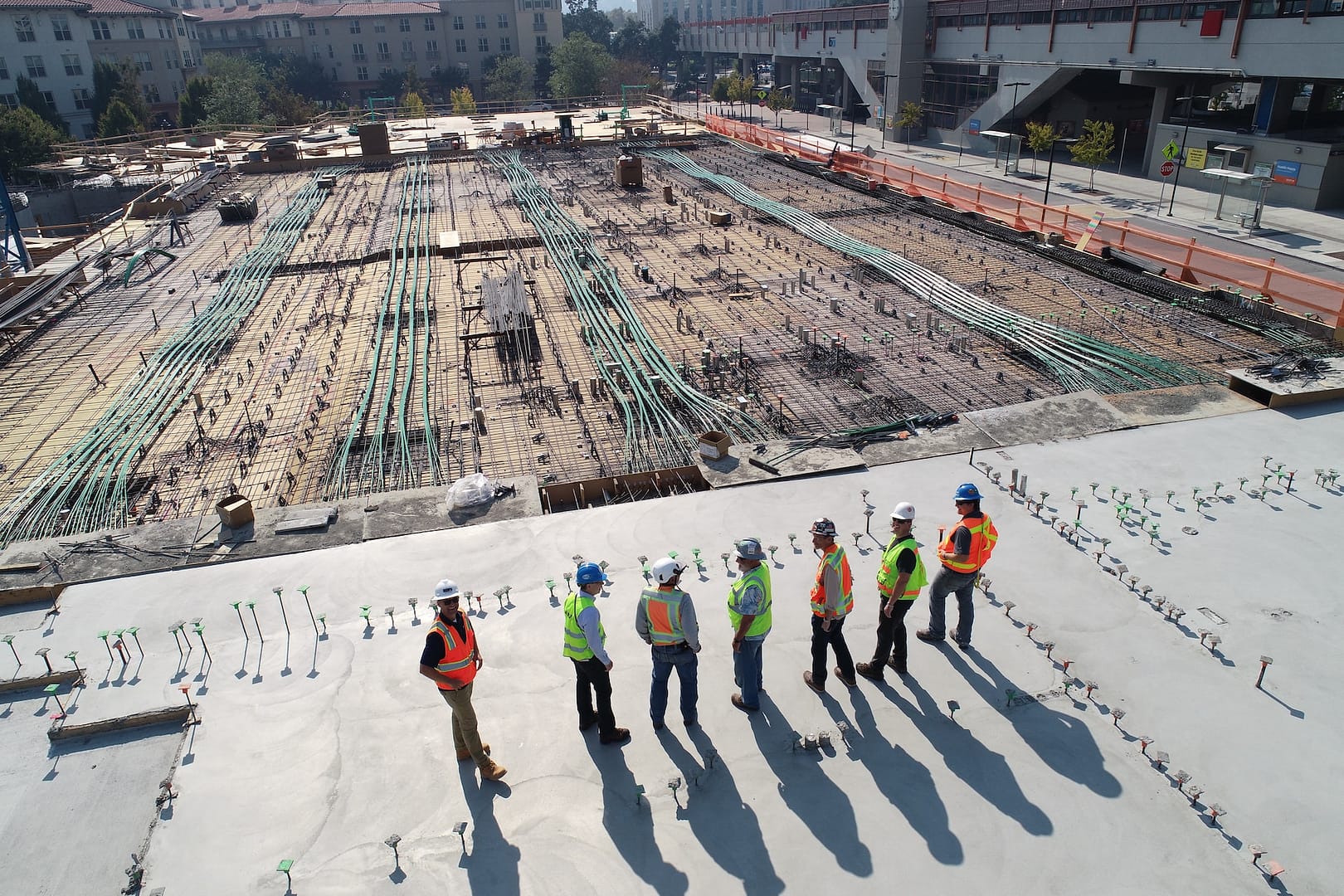Falls and injuries are unfortunately common occurrences in care homes across the UK. Residents, often with reduced mobility or cognitive impairments, are particularly vulnerable to accidents that can result in pain, suffering, and a diminished quality of life. When these incidents happen, it’s crucial to understand your rights and the potential for making a claim. This article will guide you through the essential aspects of falls and injuries in care homes, providing advice on how to navigate the claims process.
Understanding the Duty of Care in Care Homes
Care homes have a legal duty of care to ensure the safety and well-being of their residents. This responsibility encompasses various aspects, including:
- Risk Assessments: Conducting thorough assessments to identify potential hazards and individual resident vulnerabilities.
- Safe Environment: Maintaining a safe and hazard-free environment, including adequate lighting, secure flooring, and appropriate mobility aids.
- Sufficient Staffing: Providing sufficient and well-trained staff to assist residents with their daily needs and supervise activities.
- Medication Management: Administering medication correctly and monitoring for potential side effects that could increase the risk of falls.
- Emergency Response: Having clear procedures in place to respond promptly and effectively to falls and other emergencies.
Common Causes of Falls in Care Homes
Falls in care homes can occur due to a variety of factors, often stemming from a breach in the duty of care. Some common causes include:
- Environmental Hazards: Slippery floors, inadequate lighting, poorly maintained furniture, or obstacles in walkways.
- Lack of Supervision: Insufficient staff or inadequate supervision, particularly for residents with mobility issues or a history of falls.
- Medication Errors: Incorrect dosages or types of medication can lead to dizziness, confusion, or impaired balance, increasing the risk of falls.
- Inadequate Mobility Aids: Failure to provide or properly maintain mobility aids like walkers or wheelchairs can contribute to falls.
- Poor Handling by Staff: Incorrect techniques when assisting residents with transfers or mobility can lead to accidents.
Types of Injuries Sustained in Care Home Falls
Falls can result in a range of injuries, from minor cuts and bruises to more serious conditions such as:
- Fractures: Hip fractures, wrist fractures, and other broken bones are common in falls, especially among elderly residents with osteoporosis.
- Head Injuries: Concussions, skull fractures, and traumatic brain injuries can have significant long-term consequences.
- Spinal Cord Injuries: Damage to the spinal cord can result in paralysis or other severe disabilities.
- Soft Tissue Injuries: Sprains, strains, and contusions can cause pain and limit mobility.
- Psychological Trauma: Falls can lead to anxiety, fear of falling, and a loss of confidence, impacting a resident’s overall well-being.
When is a Care Home Liable for a Fall?
Not all falls in care homes automatically lead to successful claims. To establish liability, it must be demonstrated that the care home breached its duty of care, and this breach directly caused or contributed to the fall and subsequent injury. This requires evidence that the care home acted negligently or failed to take reasonable steps to prevent the accident.
For instance, if a resident falls due to a wet floor that was not properly marked or cleaned, the care home could be held liable. Similarly, if a resident with a known history of falls is left unsupervised and subsequently suffers an injury, the care home may be considered negligent.
Gathering Evidence to Support Your Claim
If you believe a care home’s negligence contributed to a fall and injury, gathering evidence is essential to support your claim. This may include:
- Medical Records: Obtain detailed medical records documenting the injuries sustained and any treatment received.
- Incident Reports: Request copies of any incident reports filed by the care home regarding the fall.
- Witness Statements: Gather statements from anyone who witnessed the fall or has knowledge of the circumstances surrounding it.
- Photographs: Take pictures of the location where the fall occurred, highlighting any potential hazards.
- Care Plans and Risk Assessments: Review the resident’s care plan and any risk assessments conducted to determine if appropriate precautions were in place.
Making a Personal Injury Claim with National Claims
At National Claims, we understand the devastating impact that negligence can have on individuals and their families. Suppose you believe you or a loved one have suffered harm due to substandard care negligence, misdiagnosis, surgical errors, or any other form of negligence. In that case, we are here to help you seek the justice and compensation you deserve.
Free Consultation
We understand that every medical negligence case is unique, and we’re here to offer you a free, no-obligation consultation to discuss your specific situation. During this consultation, we’ll take the time to listen carefully to your experience, review any medical records you may have, and evaluate the potential strength of your claim.
*Customers pay up to 25% (incl. VAT) of the amount recovered towards solicitor costs and if you cancel outside your cooling off period, you may be charged a fee.
Contact us today to speak to one of our claims agents who will be able to help you get started on your claim.
Click below to see why we are one of the most trusted claims management companies in the UK.

We’re proud of our excellent customer reviews
We thrive on delivering exceptional service and ensuring our clients’ satisfaction. Don’t just take our word for it. Check out some of our independent reviews to see what our clients have to say.
Excellent

This firm is excellent, they sorted out my car pay out and injury claim very fast, they always communicate with you all the time.

My accident case was dealt with confidence and with great result of the outcome, especially James kept me informed all the time.

I was very impressed at the way my inquiry was treated. I was listened to attentively and everything I needed to know was explained to me.






